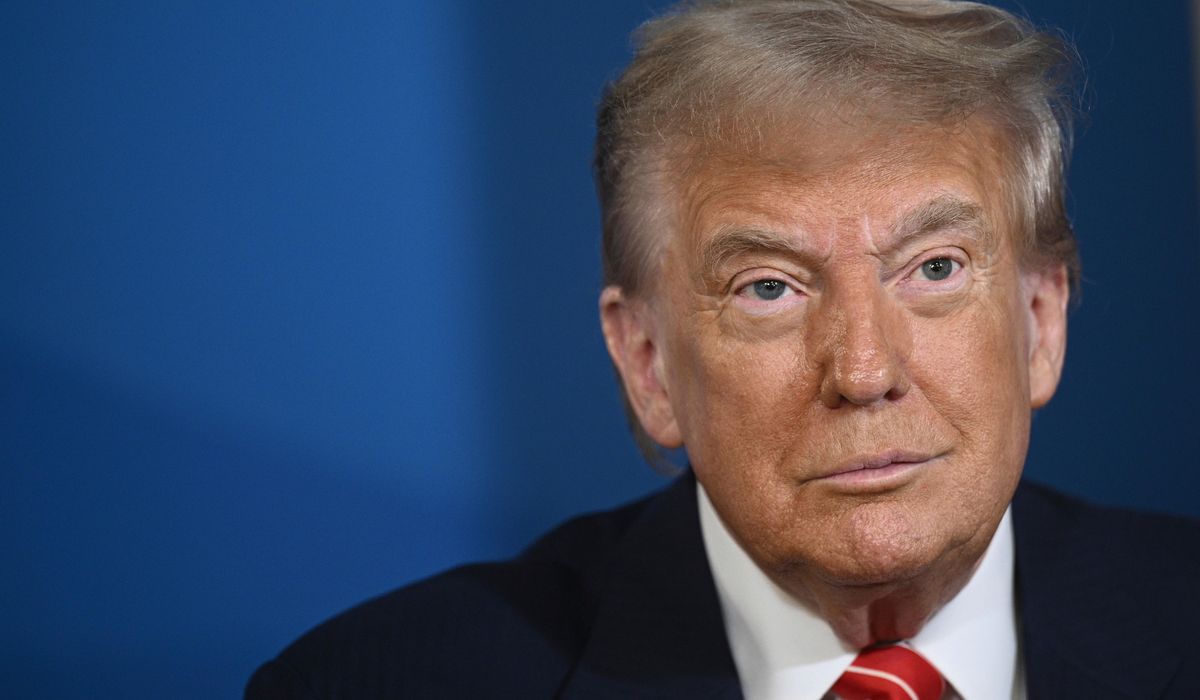


Don’t miss the full story from our staff writers, whose reportage is the basis of this article.
Senate Republicans are leveraging President Trump’s One Big Beautiful Bill Act to establish a comprehensive wireless spectrum pipeline, addressing critical infrastructure needs for consumer demand and America’s competition with China in 6G networks and artificial intelligence development. Sen. Ted Cruz, chairing the Senate Commerce, Science and Transportation Committee, has crafted provisions that would reauthorize the Federal Communications Commission to auction unused spectrum frequencies.
The legislation aims to create a robust pipeline ensuring adequate spectrum availability, which represents the invisible frequency bands serving as highways for wireless communications. These frequencies are essential for everything from smartwatch-to-phone communication to ride-hailing app connections and military operational coordination. Since spectrum is a finite resource, government management is crucial to prevent wireless traffic congestion and maximize commercial availability.
Sen. Cruz’s committee provisions are projected to generate $85 billion in Treasury revenue through spectrum auctions, with major wireless carriers typically being the highest bidders.
The legislation would release 800 megahertz of unused and underused spectrum into private hands, potentially unleashing billions in investment and creating thousands of jobs according to Republican projections.
The Senate bill specifically calls for the FCC to free 300 megahertz for commercial auctions while directing the National Telecommunications and Information Administration to identify 500 megahertz of additional spectrum for commercial use. This exceeds the 600 megahertz approved in the House version of the legislation.
However, the proposal faces significant Democratic opposition. Sen. Maria Cantwell warns that previous auctions have caused aviation communication interference, particularly concerning spectrum bands adjacent to aircraft radio altimeter frequencies. Democrats also argue that Republicans are hastily auctioning spectrum primarily to fund tax cuts benefiting wealthy Americans rather than supporting vital programs.
Military concerns have prompted Sen. Cruz to include national security carve-outs, limiting available spectrum to specific frequency bands to address Defense Department interference worries. Despite these safeguards, some Democrats worry about compromising military operations and national security for short-term corporate gains.
FCC Chairman Brendan Carr supports the initiative, noting the agency’s historical success with over 100 auctions raising $233 billion since auction authority lapsed in 2023. Industry organizations like 5G Americas and NATE back the proposal, emphasizing the need for efficient spectrum allocation amid surging consumer and industry demand.
Mr. Trump has publicly championed the effort, posting on Truth Social about beating expectations and showing the world America’s wireless leadership path. The administration seeks passage by July Fourth, positioning spectrum availability as crucial for maintaining American technological dominance over Chinese competitors like Huawei and ZTE in next-generation wireless services development.
This article is written with the assistance of generative artificial intelligence based solely on Washington Times original reporting and wire services. For more information, please read our AI policy or contact Ann Wog, Managing Editor for Digital, at awog@washingtontimes.com
The Washington Times AI Ethics Newsroom Committee can be reached at aispotlight@washingtontimes.com.
